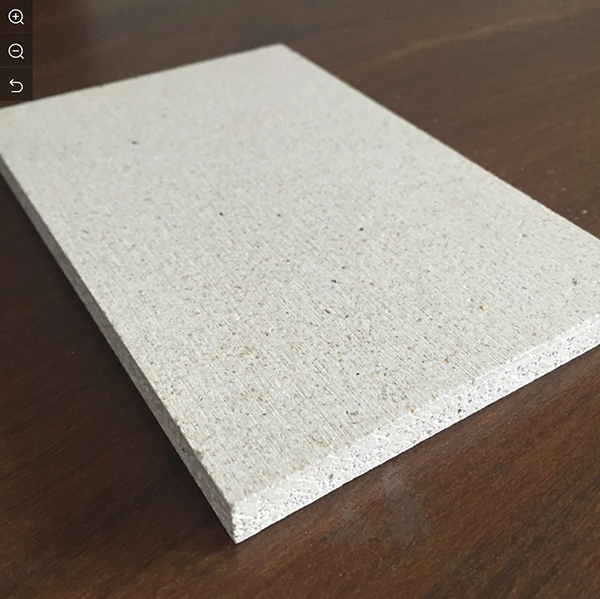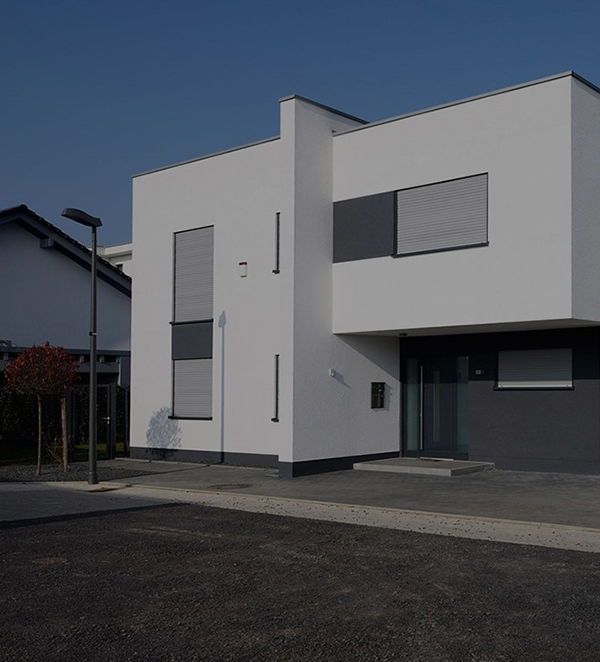Damp Proof: Applicable to Any Moisture Environment
MgO boards belong to air coagulable gel materials, which generally have poor water resistance. However, through our systematic technological modifications, MgO boards exhibit excellent water resistance. After 180 days of immersion, their softening coefficient remains above 0.90, with a stable range between 0.95 and 0.99 during regular immersion tests. Their solubility in water is about 0.03g/100g water (gypsum is 0.2g/100g water; sulfoaluminate cement is 0.029g/100g water; Portland cement is 0.084g/100g water). MgO boards' water resistance is much better than gypsum, and they are on par with Portland cement and sulfoaluminate cement, fully meeting the requirements for use in wet environments.
Application Scenarios
Bathrooms and Kitchens: MgO boards perform exceptionally well in high humidity environments, making them ideal for use in bathrooms and kitchens. These areas are often exposed to water and steam, and MgO boards' high water resistance ensures long-term durability and stability in these settings.
Basements and Cellars: Basements and cellars are often affected by moisture and dampness due to their proximity to the ground. MgO boards' waterproof properties make them an ideal choice for these areas, preventing moisture ingress and maintaining structural integrity.
Exterior Walls and Roofs: The waterproof characteristics of MgO boards make them suitable for exterior walls and roofs, protecting against rain and moisture, and ensuring the structural safety of buildings.
Acid & Alkali Resistance of MgO Boards
Acid & Alkali Resistant: Applicable to High Corrosive Environment
After being soaked in 31% magnesium chloride acid solution for 180 days, the compressive strength of MgO boards increases from 80MPa to 96MPa, with a strength increase of 18%, resulting in a corrosion resistance coefficient of 1.19. In comparison, the corrosion resistance coefficient of ordinary Portland cement is only about 0.6. MgO boards' corrosion resistance is significantly higher than that of ordinary cement products, making them very suitable for use in high salt and corrosive environments, providing effective corrosion protection.
Application Scenarios
Seaside Buildings: MgO boards perform excellently in high salt environments, making them ideal for seaside buildings. Salt can be highly corrosive to conventional building materials, but MgO boards' salt resistance ensures long-term durability in such environments.
Chemical Plants and Laboratories: In these high corrosive environments, MgO boards' acid and alkali resistance provide excellent protection, ensuring structural materials are not damaged by chemical substances.
Industrial Facilities: MgO boards are suitable for various industrial facilities, especially in highly corrosive mediums, providing reliable protection and long-term durability.
Conclusion
The waterproof, moisture resistance, and acid & alkali resistance properties of MgO boards make them indispensable in modern construction. Whether in damp environments or high corrosive areas, MgO boards provide exceptional protection, ensuring the long-term stability and safety of buildings.


Post time: Jun-14-2024

